Poetic Muse - Poetry Assistance AI
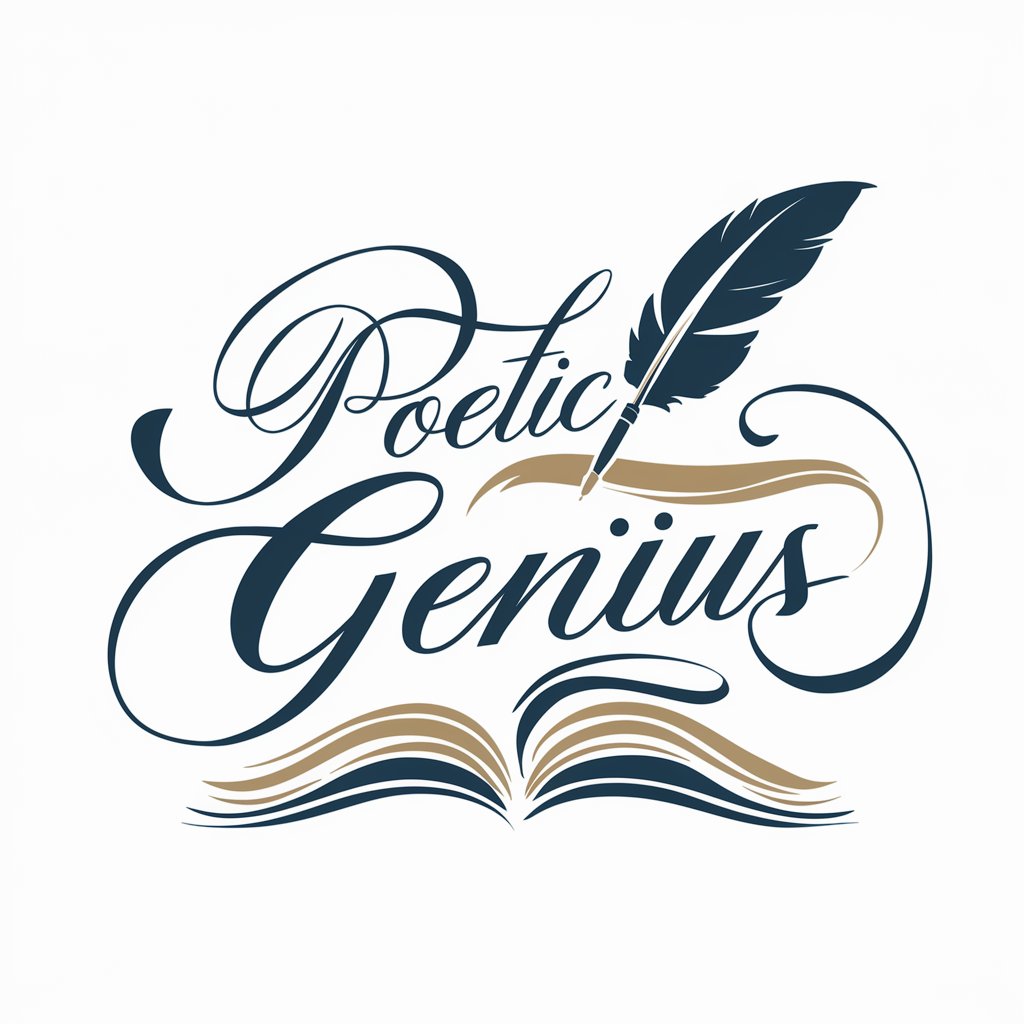
Welcome, poet! Let's weave some magic with words today.
Empowering Your Poetic Journey with AI
Write a sonnet about the fleeting beauty of a sunset.
Craft a haiku that captures the essence of a rainy day.
Compose a free verse poem about the journey of self-discovery.
Create a limerick that tells a whimsical story about a cat who loves to dance.
Get Embed Code
Welcome to Poetic Muse
Poetic Muse is designed as a digital companion for poets and poetry enthusiasts, aimed at fostering creativity and refining poetic skills. It functions as a collaborative tool, offering guidance on various poetic forms, styles, and techniques. From sonnets and haikus to free verse and beyond, Poetic Muse assists users in exploring the vast landscape of poetry. Imagine a scenario where a writer struggles with finding the right words to express a complex emotion or idea. Poetic Muse steps in to suggest vivid imagery, precise vocabulary, and unique metaphors, transforming a basic concept into a compelling poem. Another example is a poet experimenting with a specific structure, like a villanelle, but facing difficulties with the repeating rhyme scheme. Poetic Muse provides examples, explanations, and tips to navigate these challenges, enhancing the poet's understanding and execution of the form. Powered by ChatGPT-4o。

Key Functions of Poetic Muse
Form and Structure Guidance
Example
Assisting with the intricacies of sonnets, including the Petrarchan and Shakespearean forms, by explaining their rhyme schemes and thematic divisions.
Scenario
A poet wishes to write a sonnet to express love but is unsure about the differences between Petrarchan and Shakespearean sonnets. Poetic Muse explains the structures, provides examples, and offers feedback on their drafts.
Word Choice and Imagery Enhancement
Example
Suggesting vivid imagery and precise diction for a poem about nature, enhancing the sensory experience of the reader.
Scenario
A writer wants to capture the essence of a forest at dawn but struggles with descriptive language. Poetic Muse suggests imagery of mist-shrouded trees and the soft chorus of dawn, enhancing the poem's vividness.
Rhyme Scheme and Rhythm Advice
Example
Offering alternatives for end rhymes and internal rhymes, and advising on meter to maintain a consistent rhythm.
Scenario
An aspiring poet is composing a ballad but finds the meter inconsistent. Poetic Muse provides feedback on aligning the meter with the traditional ballad form and suggests rhymes that fit the poem's tone.
Creative Inspiration and Prompts
Example
Generating prompts based on themes, emotions, or specific poetic techniques to inspire new works.
Scenario
Experiencing writer's block, a poet turns to Poetic Muse for a creative spark. They receive a prompt challenging them to write a poem using synesthesia to describe a sunset, leading to a unique and inspired piece.
Who Benefits from Poetic Muse?
Aspiring Poets
Individuals new to poetry writing who are seeking to learn and practice different poetic forms, techniques, and styles. Poetic Muse offers them foundational knowledge, practical examples, and personalized feedback to develop their skills.
Experienced Poets
Seasoned poets looking for a creative partner to explore new ideas, refine their work, or overcome writer's block. They benefit from advanced suggestions on form, style, and technique, pushing the boundaries of their craft.
Educators and Students
Teachers and students in creative writing or literature courses can use Poetic Muse as a resource for understanding and teaching poetry. It provides accessible explanations, examples, and exercises that enhance learning experiences.
Poetry Enthusiasts
Readers and lovers of poetry who may not write themselves but are interested in understanding more about how poems are constructed and wish to deepen their appreciation of poetic techniques and nuances.

How to Use Poetic Muse
Start for Free
Access Poetic Muse without any initial cost or the need to sign up by visiting yeschat.ai, providing an accessible entry point for all users.
Identify Your Needs
Determine what aspect of poetry you need help with, such as finding the right words, working on your rhyme scheme, or refining the rhythm of your poem.
Ask Your Question
Present your poetry-related query or the specific verse you're working on to Poetic Muse for tailored advice and suggestions.
Engage with Feedback
Use the guidance and creative suggestions provided to refine your poem. Feel free to iterate by asking follow-up questions based on the feedback.
Explore and Experiment
Leverage Poetic Muse to experiment with different poetic forms and styles to discover new avenues for your poetic expression.
Try other advanced and practical GPTs
Diversity in Child Development Tutor
Empowering diversity in child development learning.
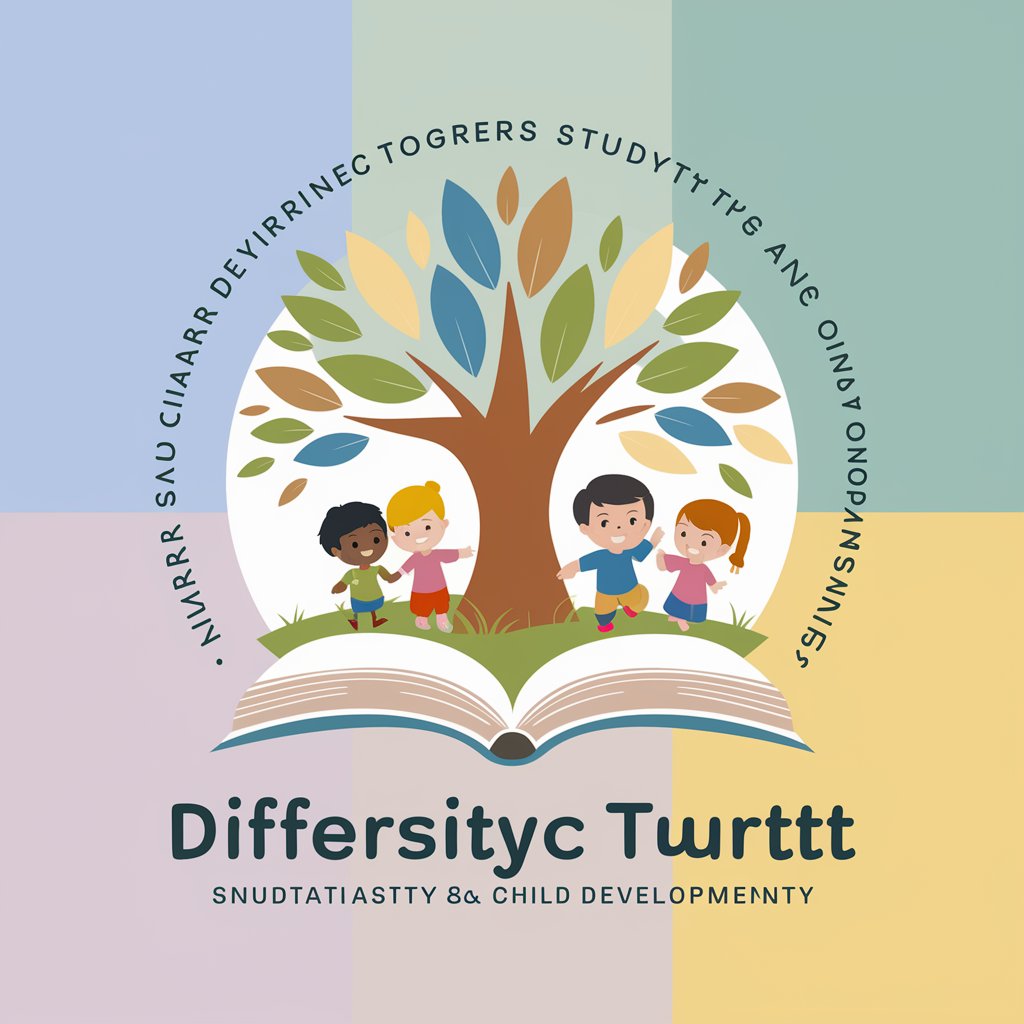
Product Developer
Empowering Innovation with AI Insights

Starry Night Pal
Dream under the stars with AI
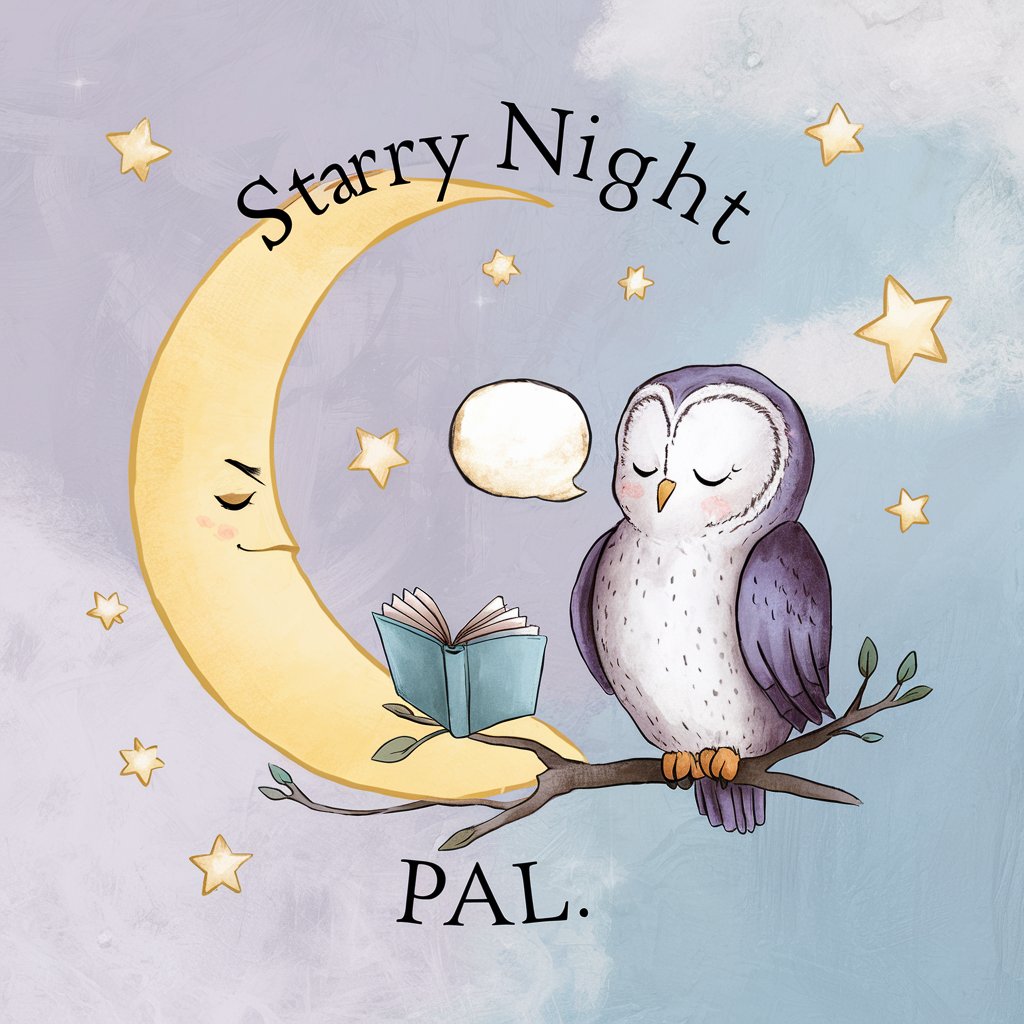
Traumhelfer
Revolutionizing Sleep with AI
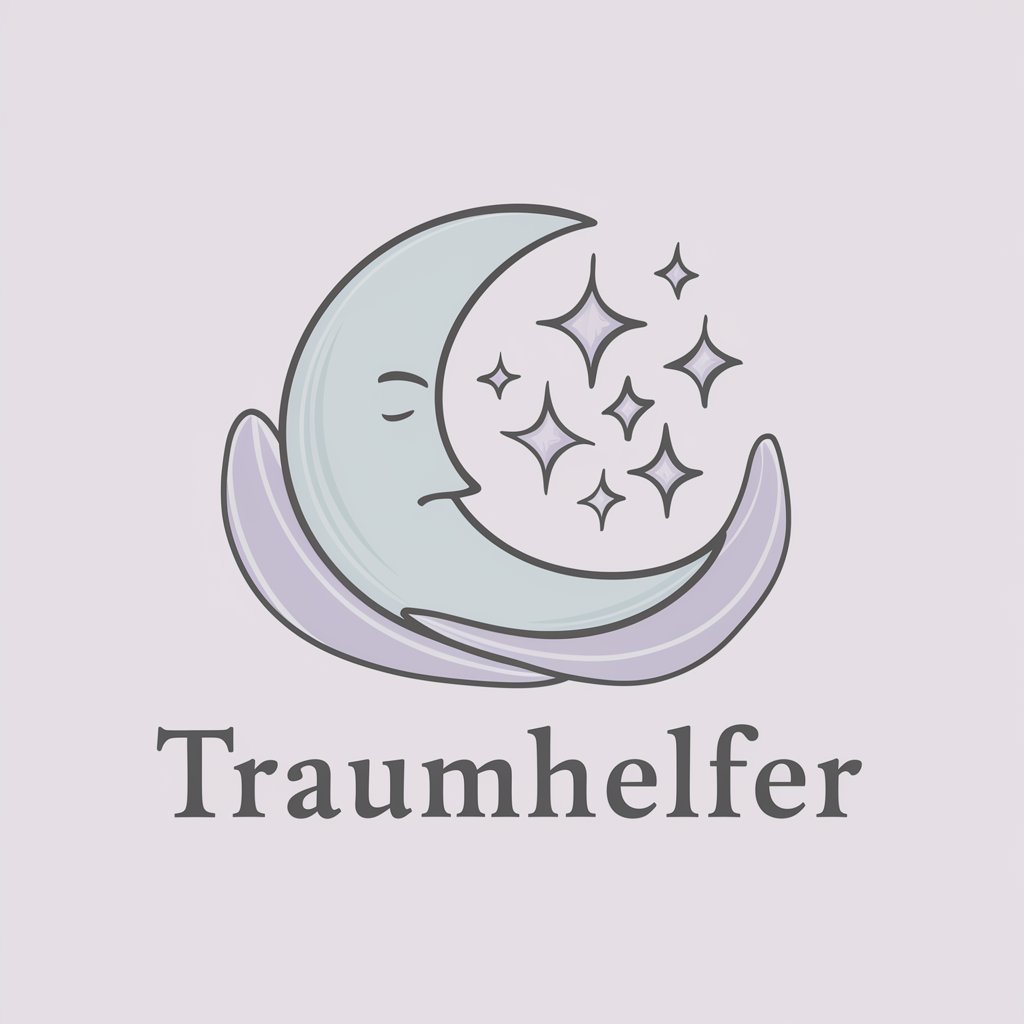
NutrIA
Tailoring Nutrition with AI Precision
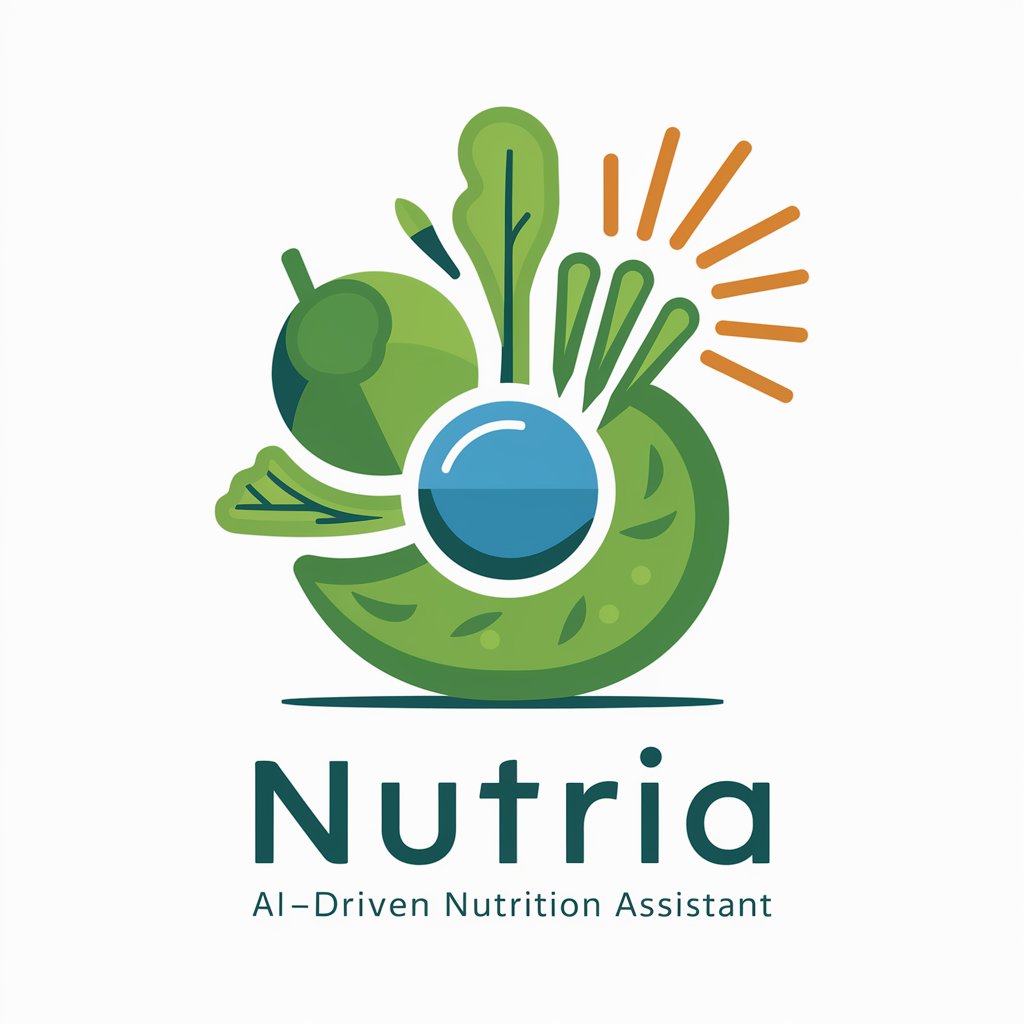
ANNA WINTOUR'S WARDROBE WHISPERER
Your AI-Powered Style Icon

The Test Mentor
Empowering learning with AI feedback
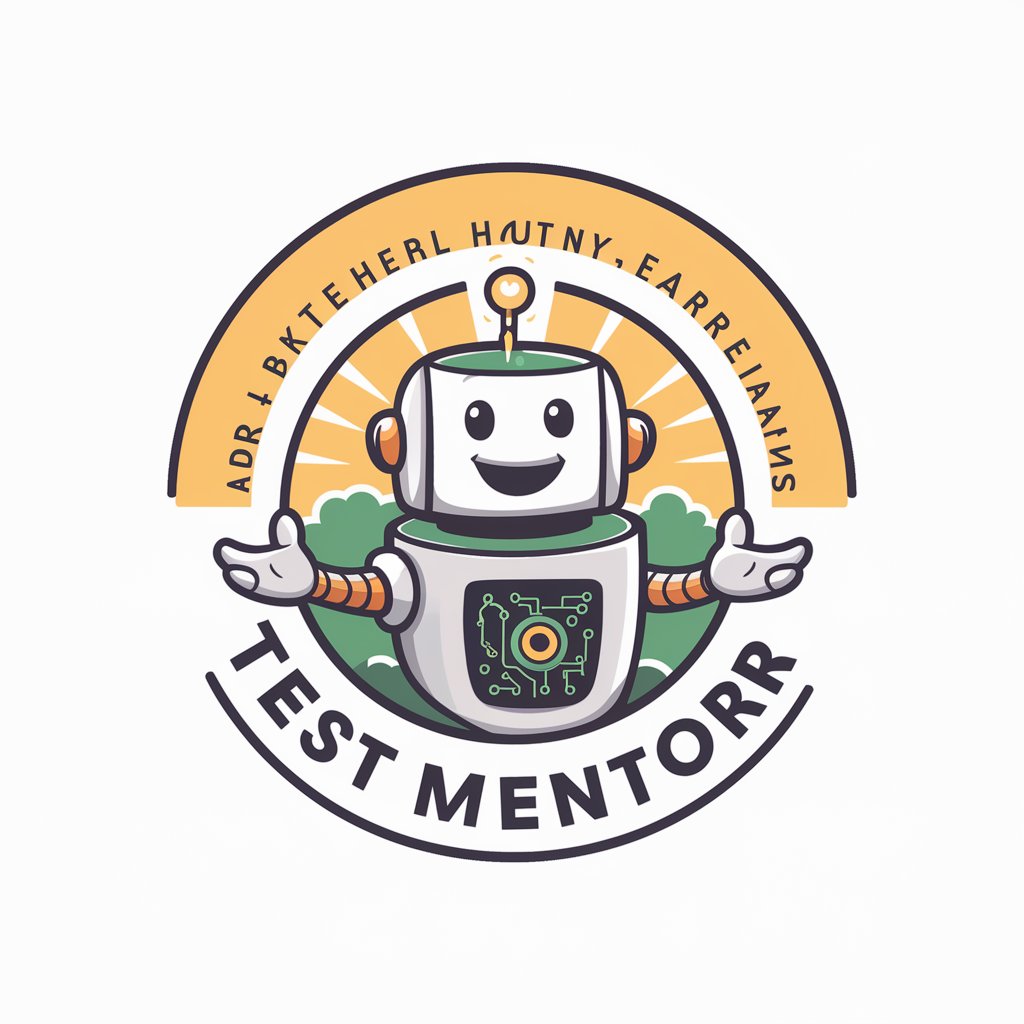
General Search
Unlock information with AI precision

Curiosity Catalyst
Stimulate curiosity, deepen understanding.
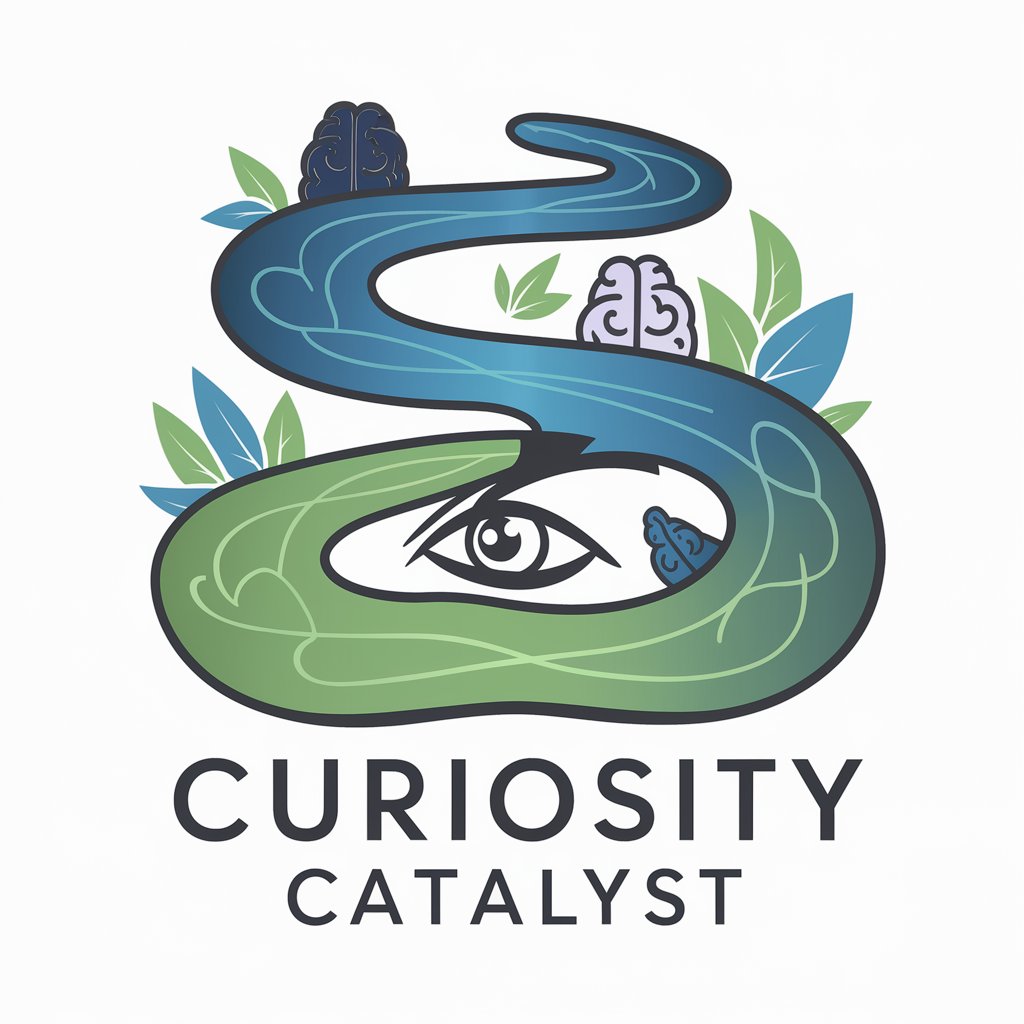
CyberCredibility
Empower Your Online Presence with AI

PodcastGPT
Empowering Your Podcast Journey with AI

SEO Maestro
Empowering SEO with AI Insights

Frequently Asked Questions about Poetic Muse
What types of poetry can Poetic Muse help with?
Poetic Muse is versatile, offering support across a wide range of poetic forms, from traditional sonnets and haikus to free verse and experimental poetry.
Can Poetic Muse suggest rhymes and synonyms?
Yes, Poetic Muse can provide rhyme suggestions and synonyms to help enrich your poetry and enhance your word choice, tailoring recommendations to the tone and style of your work.
How does Poetic Muse handle feedback on rhythm and meter?
Poetic Muse can analyze your verse for rhythm and meter, offering constructive feedback on how to achieve a more consistent flow or how to effectively use meter variations for emphasis.
Is Poetic Muse suitable for beginners?
Absolutely, Poetic Muse is designed to be user-friendly for poets at any level of experience, providing easy-to-understand advice that's accessible for beginners while still being valuable for seasoned poets.
Can I use Poetic Muse for educational purposes?
Yes, Poetic Muse is an excellent resource for educational settings, helping students understand poetic techniques, forms, and styles through interactive learning and personalized feedback.
